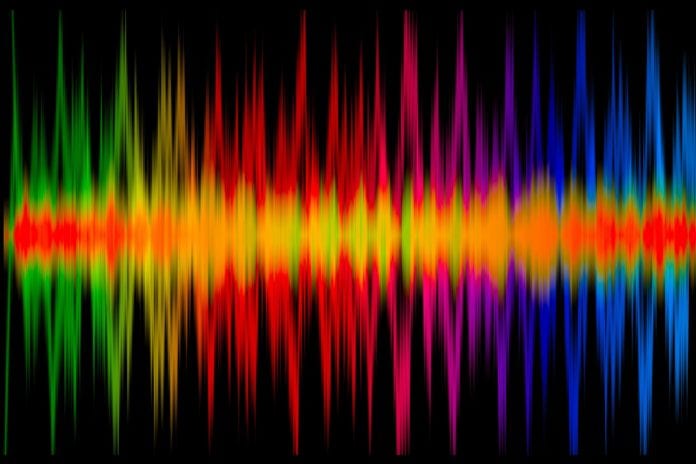With appeals court decision, 2.3 GHz and 3.4 GHz bands will be auctioned for 5G
U.K. telecom regulator Ofcom has said it can now move forward with the auction of spectrum in the 2.3 GHz and 3.4 GHz bands after a London court of appeals blocked mobile operator Three U.K. from launching a new legal challenge related to the proposed rules for the auction of 5G frequencies.
“The court of appeal has very firmly rejected Three’s application for permission to appeal on all grounds,” Ofcom said in a statement. “We welcome this decision, and will now press ahead with releasing these important airwaves. This new capacity will allow mobile companies to offer more reliable reception, and to prepare for future 5G services.”
Last month, Ofcom updated the timetable for setting the regulations that will apply to the forthcoming auction of spectrum in the 2.3 GHz and 3.4 GHz bands designed to support 5G deployment efforts.
Ofcom said that part of the spectrum to be auctioned – the 2.3 GHz band – can be used by mobile carriers immediately to improve services, while the 3.4 GHz spectrum band can be used for future 5G mobile services. The watchdog said 40 megahertz of spectrum will be auctioned in the 2.3 GHz band and 150 megahertz of spectrum will be auctioned in the 3.4GHz band.
Ofcom had initially planned to hold the 5G spectrum auction in 2017, but it has been delayed by litigation brought by local carriers Three and BT/EE.
In September 2017, Three filed a legal challenge against Ofcom relating to the terms of the proposed 5G spectrum. Last year, the regulator announced it would impose an additional cap of 340 megahertz on the overall amount of mobile spectrum a single operator can hold as a result of the auction. This cap amounts to 37% of all the mobile spectrum expected to be useable in 2020, which includes not only the spectrum available in the 4G/5G auction but also the 700 MHz band.
In its claim, Three said Ofcom should impose a 30% limit on spectrum allocated to any single operator in a bid to weaken the mobile data market dominance of EE and Vodafone. The company has rejected Ofcom’s proposed limit of 37% as inadequate. On that same month, EE also filed a legal appeal around Ofcom’s forthcoming 4G/5G spectrum auction. The specific aim of the suit was to stop Three’s own legal challenge and intention to impose a 30% limit on spectrum allocated to any single operator.
Following the recent court’s decision, Three said it was disappointed by the ruling, but stood by its decision to appeal. “Our appeal is about competition in the U.K mobile market and spectrum distribution is the single biggest factor in maintaining a competitive market,” the telco said in a statement.
“The court process has helped provide clarity on whether there is a genuine 37% cap and, thanks to the hearings, Ofcom is now much clearer that a 37% cap is the level they believe is appropriate to maintain competitive balance.”
“We still believe that a 37% cap is too high if the policy objective is to have a competitive four player market and we would like to see it set at a lower level in the future,” Three added.

